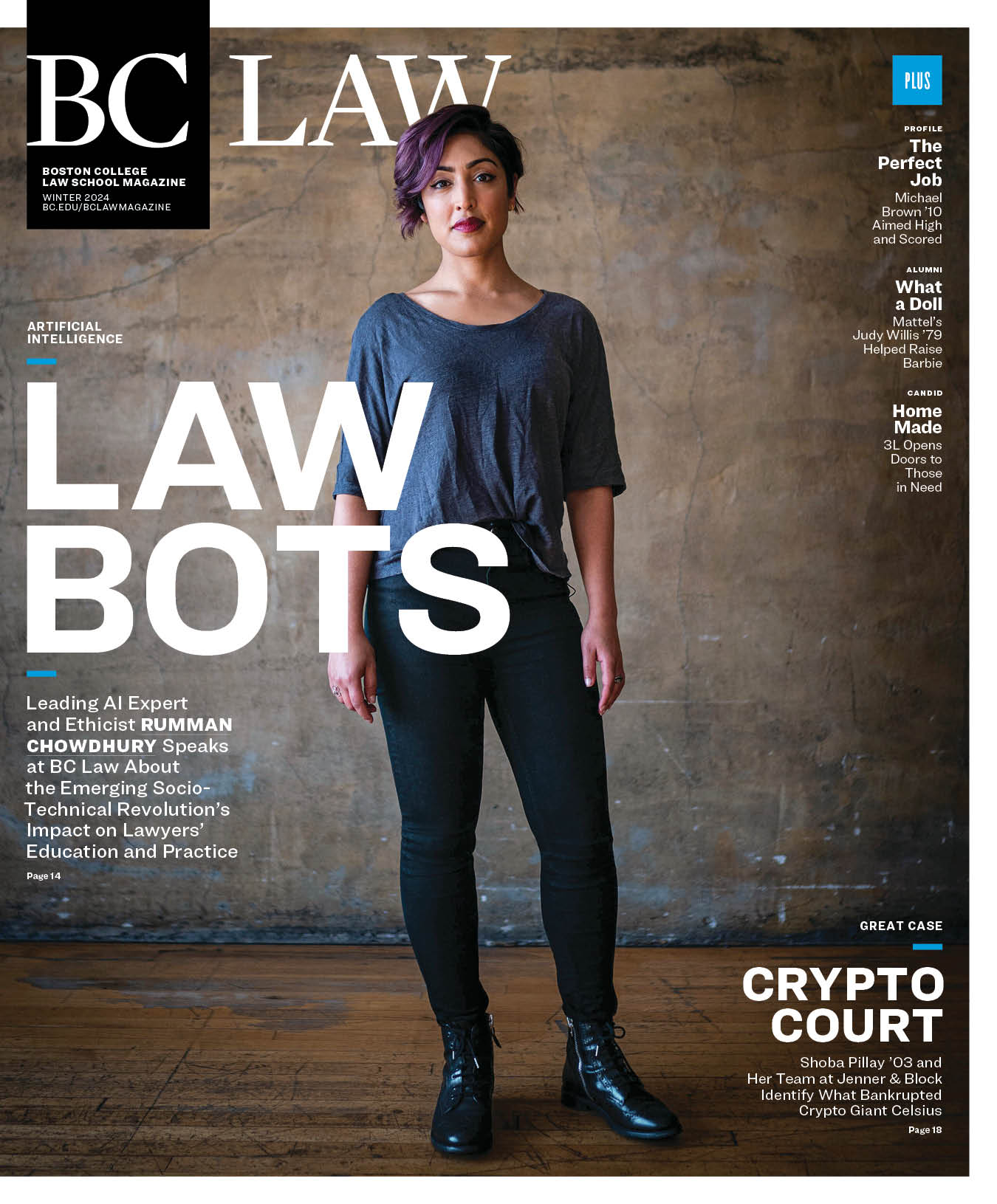When I was growing up, smoke rising from the sugarhouse nestled amongst the sugar maple trees on my family’s farm in March was a signal to my sisters and me to get to work. We would tuck our snow pants into rubber boots and trudge through the snow to collect sap that had dripped into the buckets hung on the sugar maple trees. We would haul the sap over to my father’s pickup truck before pouring it into the large tank that sat in the bed of the truck. Icy sap would slosh into my boots, mixing with snow. My feet froze.
Recompense came as we gathered in the late afternoon in the sugarhouse. While my father transferred the sap into the evaporator to boil down to syrup, my sisters and I changed into dry wool socks and thermal pajamas. My mother brewed sweet maple tea to sip; the tea’s steam would dethaw our rosy noses.
And so it was that the experiences we had as children would mirror the best conditions for producing maple syrup from sap: deep cold, followed by a warm thaw. A good sap harvest is weather dependent. For a fleeting four-week period each March, freezing nights and warm days create pressure within the wood of sugar maple trees, causing sap to flow laterally within the tree.
But now, a maple syrup apocalypse is looming. As carbon builds up in the atmosphere, trapping heat that warms the planet, the natural freeze-thaw cycle responsible for sap flow hangs in the balance. If the climate crisis stays on course to melt New England winters away, we will lose maple syrup production altogether—an economic and cultural blow to a time-honored tradition. The amount of syrup my parents sell at local farmers’ markets has halved in recent years, and it is a significant privilege that their livelihood is not solely dependent on syrup sales.
There are reports every day that sound the alarm on the increasingly dire vulnerability of almost every aspect of human life to climate change, exacerbating eco-anxiety and climate panic. I refuse to passively accept the inevitability of a climate disaster. I am committed to serving as an agent of change on a personal and professional scale.
I compulsively compost my food waste and have forgone HOV lanes for a daily bicycle-powered commute. I volunteered with the Sierra Club to educate my local community, and helped to organize an annual Earth Day climate protest on Capitol Hill. My ability to have an impact is what I value most, and to maximize my impact, I am making climate action my career.
I moved to Washington, DC, with an insatiable hunger to have an impact at the highest levels of government. Working for three years at Holland & Knight’s Public Policy and Regulation Group put me at the intersection of law and policy, where I developed a deep understanding of federal policy and regulatory processes. I gained invaluable experience working on behalf of clients that support climate change action, ultimately to accelerate the development and implementation of policies to meet the goals of the UN Paris Agreement.
Among my clients were three electric vehicle (EV) charging manufacturers. I helped them to draft federal legislation to extend and expand the Alternative Fuel Refueling Property Credit, a federal tax incentive targeting accelerated installation of EV infrastructure nationwide. By catalyzing deployment of EV charging nationwide, this policy reform will in effect promote widespread adoption of clean EVs to ultimately drive down climate-warming emissions from the transportation industry.
After drafting the legislative proposal, my team actively engaged with Congressional offices for over a year to garner support for the reform and to ensure it progressed through the legislative process. Ultimately, the proposal was enacted into law in the Inflation Reduction Act of 2022 (IRA), one of the largest and most consequential climate bills enacted in the nation’s history. Law is a formidable weapon in the fight against climate change. Law school is a critical next step for me to participate in the solutions to this challenge. My future ability to navigate and practice law will be my tools for the work ahead. But my motivation will always be grounded in the sweet breakfast ambrosia, maple syrup, harvested on my family’s farm.








